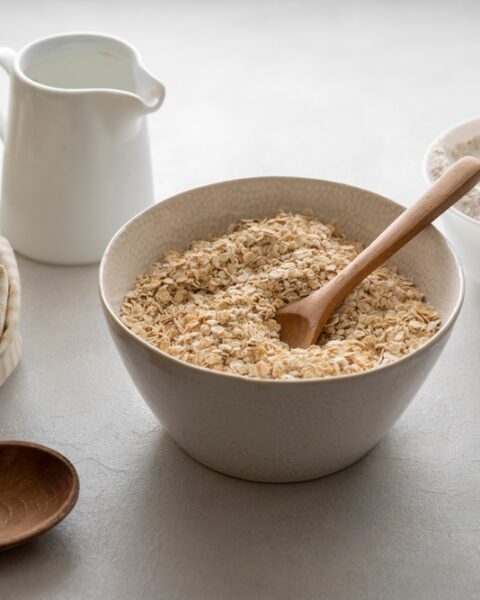Incorporating herbs and spices into your daily meals is one of the easiest ways to enhance both the flavor and nutritional profile of your food. Many herbs and spices possess unique health benefits, from boosting your immune system to reducing inflammation. These are some of the herbs and spices that will not only elevate the flavors of your meals but also support your health in powerful, natural ways.
Contents
Turmeric
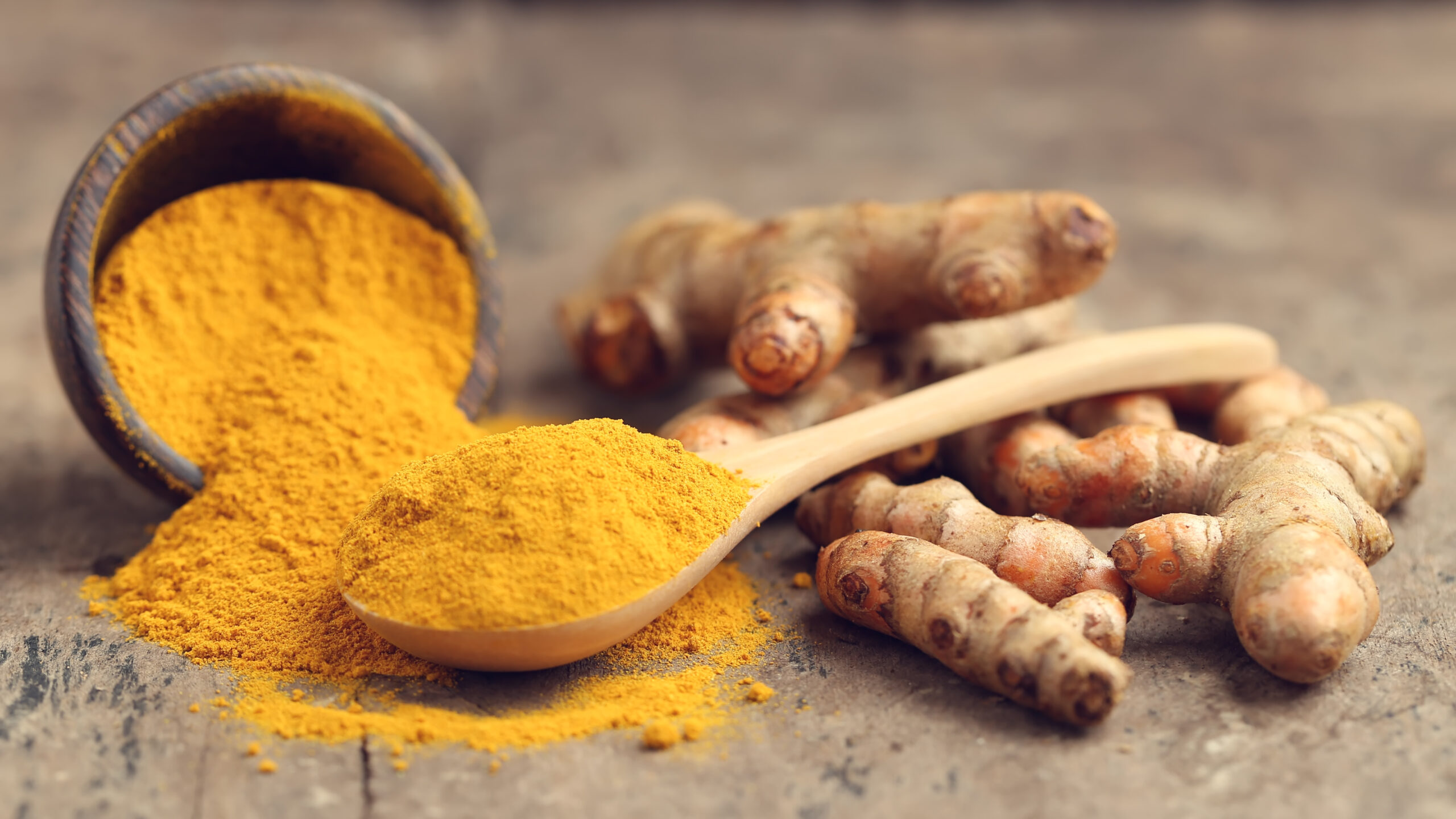
Turmeric, known for its bright yellow color, is rich in curcumin, a powerful anti-inflammatory compound. It’s commonly used in Indian cuisine but has gained global recognition for its health benefits, particularly in reducing inflammation and supporting joint health. Research suggests that curcumin can also improve heart health and even help in preventing cancer. Adding turmeric to soups, curries, or even smoothies can give you a health boost. Combining it with black pepper enhances curcumin absorption, making it even more effective.
Ginger
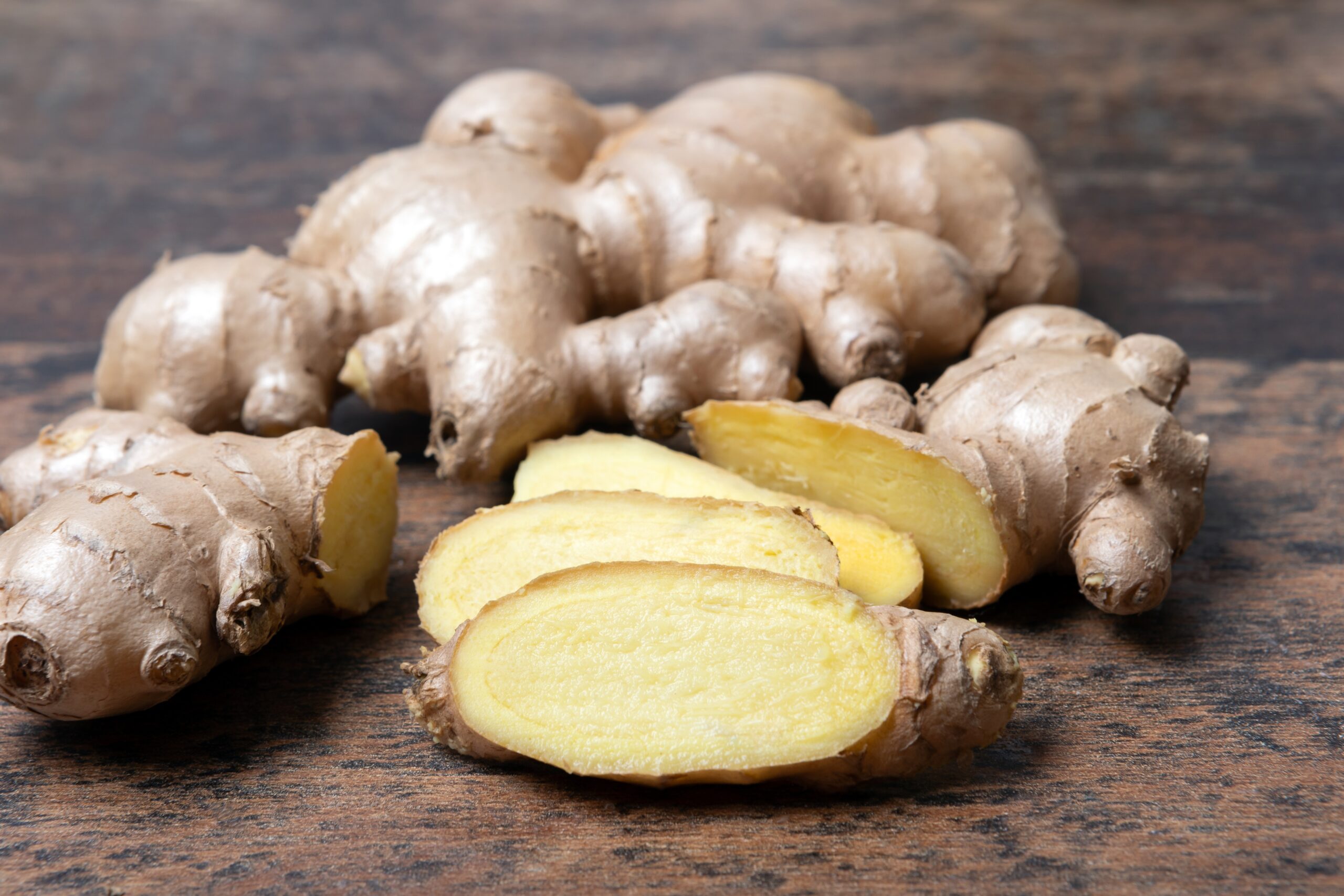
Ginger is another powerhouse spice known for its anti-inflammatory and antioxidant properties. It’s been traditionally used to alleviate nausea, especially during pregnancy or chemotherapy. Studies have shown that ginger can reduce muscle pain and soreness, making it a great post-workout addition. It also aids digestion by speeding up the emptying of the stomach, which can reduce bloating and discomfort. You can incorporate ginger into teas, stir-fries, or fresh juices to enjoy its benefits.
Garlic

Garlic is a staple in many kitchens, not just for its robust flavor but also for its impressive health benefits. It’s packed with compounds like allicin, which has antibacterial, antiviral, and antifungal properties. Regular consumption of garlic can lower blood pressure, reduce cholesterol levels, and improve heart health. Studies have also linked garlic to a lower risk of Alzheimer’s disease and dementia. Adding crushed or chopped garlic to your meals can elevate both the taste and health factor.
Cinnamon

Cinnamon isn’t just a sweet, warming spice for baked goods; it also offers numerous health benefits. This spice is known to lower blood sugar levels and improve insulin sensitivity, making it a great addition for those managing diabetes. It’s packed with antioxidants, which help reduce inflammation and protect the body from oxidative damage. Cinnamon can also help reduce heart disease risk factors, such as high cholesterol and triglycerides. Sprinkle it on oatmeal, smoothies, or yogurt to reap its benefits.
Oregano

Oregano is much more than just a pizza topping; it’s a potent herb rich in antioxidants and vitamins. It contains carvacrol and thymol, two compounds that have powerful antimicrobial properties. Oregano can boost your immune system and help combat bacterial and viral infections. It’s also known to have anti-inflammatory effects, which can help alleviate conditions like arthritis. Adding fresh or dried oregano to salads, sauces, and soups is a simple way to improve your health.
Basil

Basil is not only aromatic but also a nutrient-packed herb that supports various aspects of health. It’s rich in vitamins A, K, and C, along with essential minerals like calcium and magnesium. Basil has anti-inflammatory properties, making it beneficial for conditions like arthritis and inflammatory bowel disease. It also contains compounds like eugenol, which can help combat stress and reduce anxiety. Fresh basil can be used in salads, sauces, and as a garnish on a variety of dishes.
Rosemary

Rosemary is a fragrant herb often used in Mediterranean cuisine, and it’s known for its ability to improve digestion and support brain health. Rich in antioxidants, rosemary helps protect cells from damage caused by free radicals. Research suggests that rosemary can enhance memory and concentration, making it a valuable herb for brain function. It also contains compounds that improve circulation and reduce inflammation. Add rosemary to roasted vegetables or marinades to incorporate it into your diet.
Thyme
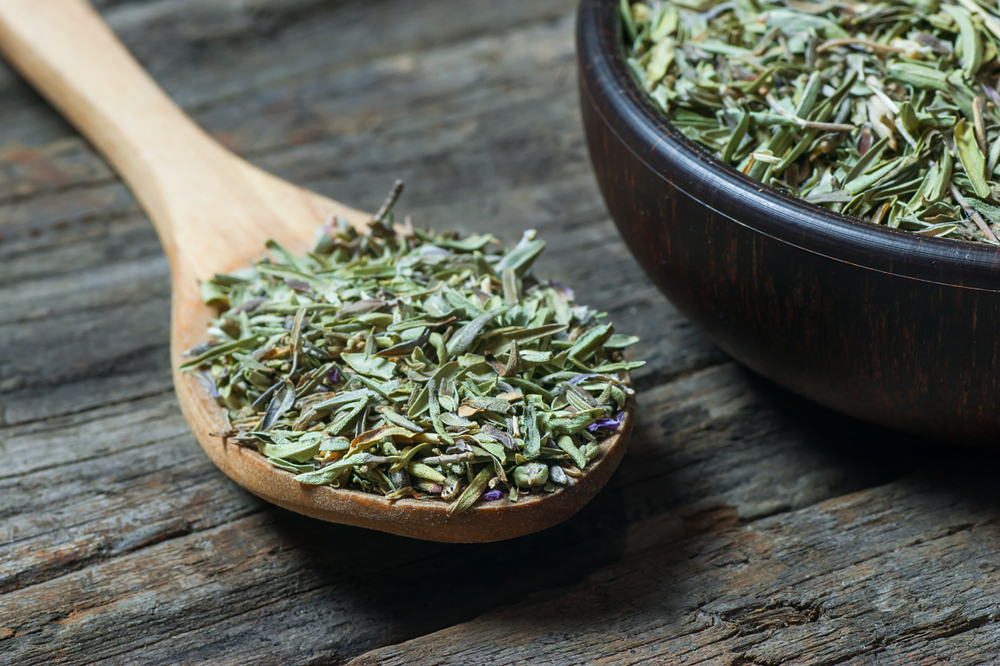
Thyme is a versatile herb known for its powerful antimicrobial properties. It’s often used to help fight respiratory infections like bronchitis and colds due to its natural ability to kill bacteria and viruses. Thyme is also rich in vitamins C and A, both of which are crucial for maintaining a strong immune system. This herb has been shown to help lower blood pressure and improve heart health as well. It pairs well with roasted meats, soups, and stews.
Cayenne Pepper

Cayenne pepper is a spicy ingredient that does more than just add heat to your food. It contains capsaicin, a compound known for its metabolism-boosting and pain-relieving properties. Capsaicin helps reduce appetite, which can aid in weight management, and it’s also used in topical creams to relieve muscle and joint pain. Regular consumption of cayenne pepper may help reduce blood pressure and improve circulation. Sprinkle it over dishes like eggs or tacos for an extra kick of health benefits.
Parsley
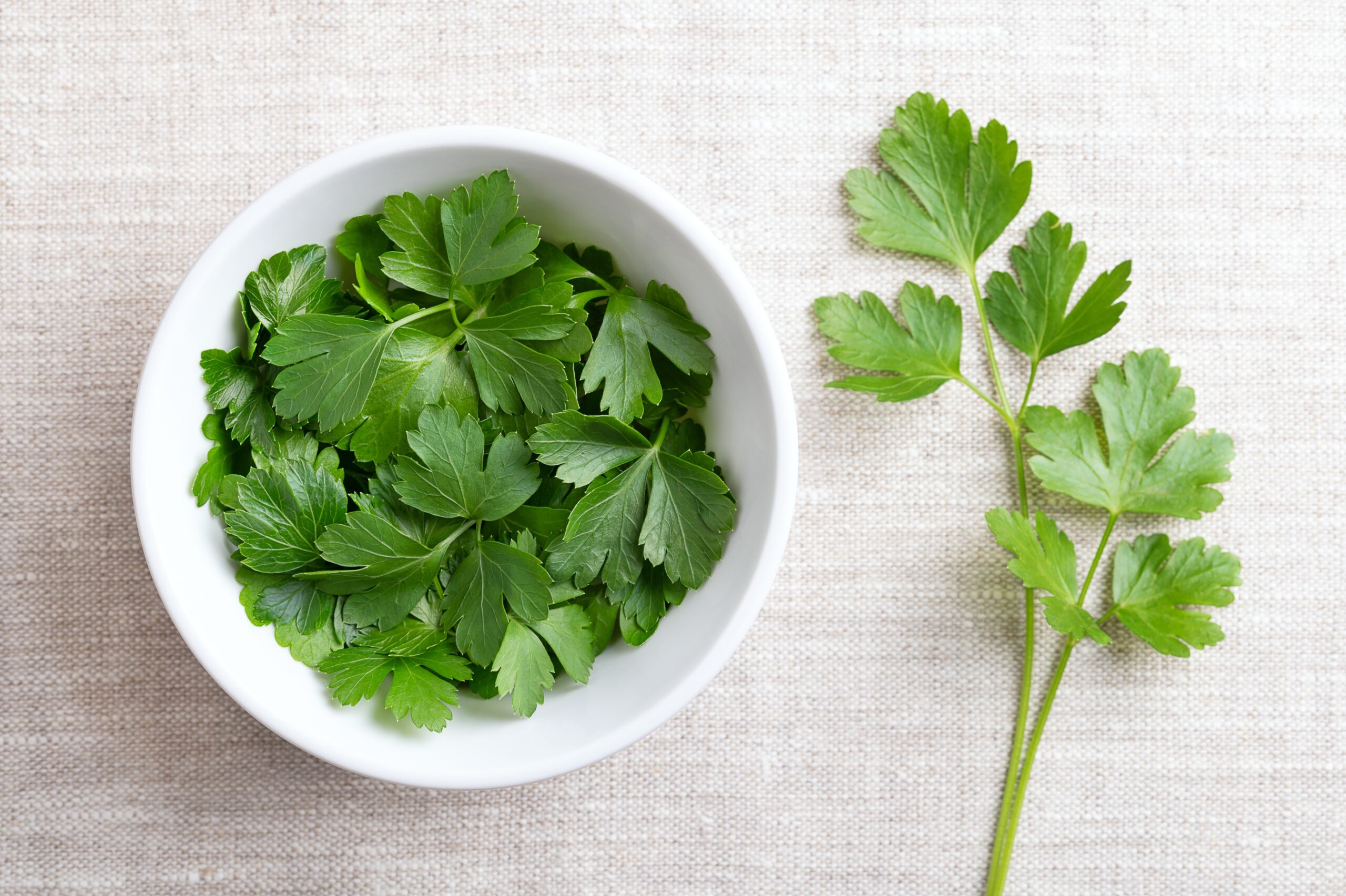
Often used as a garnish, parsley is packed with vitamins A, C, and K, as well as folate and iron. It’s known for its diuretic properties, helping the body eliminate excess fluid and reduce bloating. Parsley is also rich in antioxidants, which help reduce inflammation and protect cells from damage. It’s been linked to improved heart health and a reduced risk of chronic diseases. Add parsley to salads, soups, and sauces to make the most of its health benefits.
Sage

Sage has been used medicinally for centuries due to its impressive antioxidant properties. This herb is particularly effective in supporting cognitive health, with research showing it can enhance memory and improve brain function, particularly in individuals with Alzheimer’s disease. Sage is also known for its anti-inflammatory and antimicrobial effects, making it helpful for reducing sore throats and fighting infections. You can use sage in teas, stuffings, or roast dishes to reap its cognitive and immune-boosting benefits.
Cloves
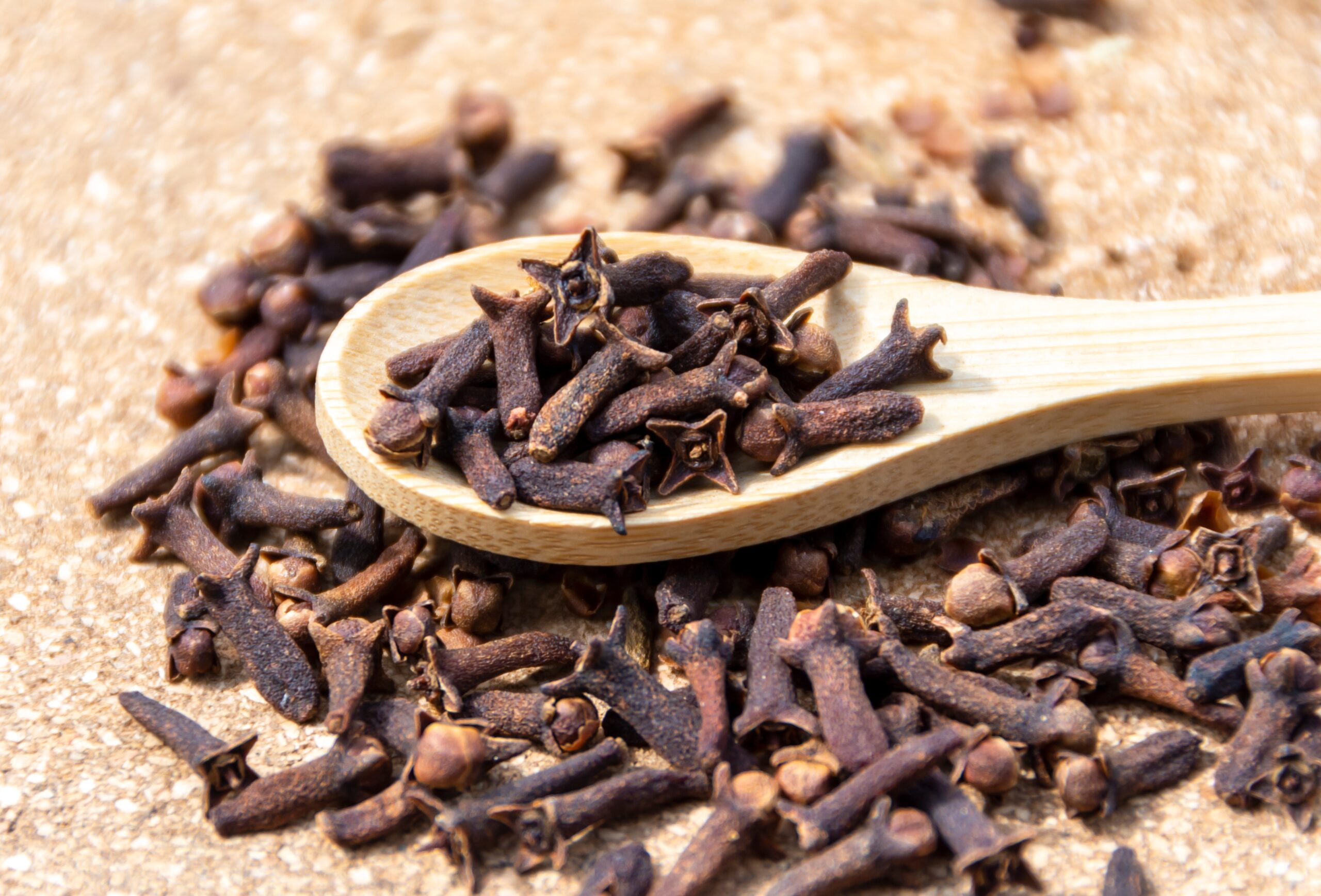
Cloves are a pungent spice with strong antioxidant properties, making them a great addition to your diet for fighting inflammation and oxidative stress. They contain a compound called eugenol, which has been shown to improve liver health and reduce pain. Cloves also have antibacterial properties, which can help maintain oral health by reducing bad breath and preventing gum disease. Adding ground cloves to baked goods, curries, or teas is an easy way to incorporate them into your meals.
Coriander
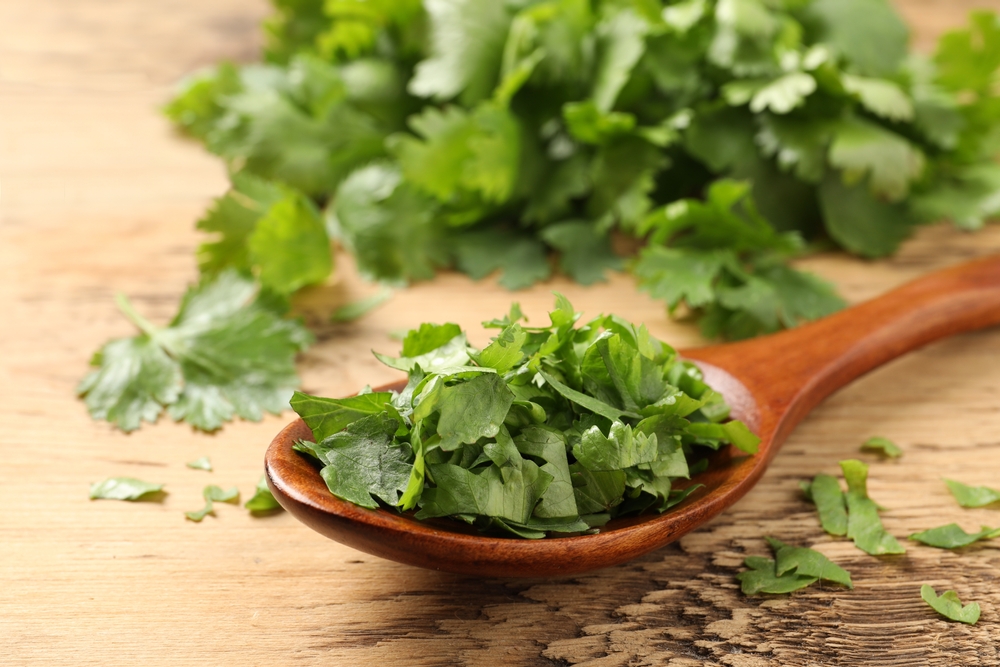
Coriander, also known as cilantro when fresh, offers a range of health benefits. It’s rich in antioxidants and has been shown to help lower blood sugar levels. This herb also contains antimicrobial compounds, which can aid in fighting infections and improving gut health. Coriander seeds are often used in traditional medicine to alleviate digestive issues like bloating and indigestion. Use fresh coriander in salads, salsas, or curries to benefit from its medicinal properties.
Fennel
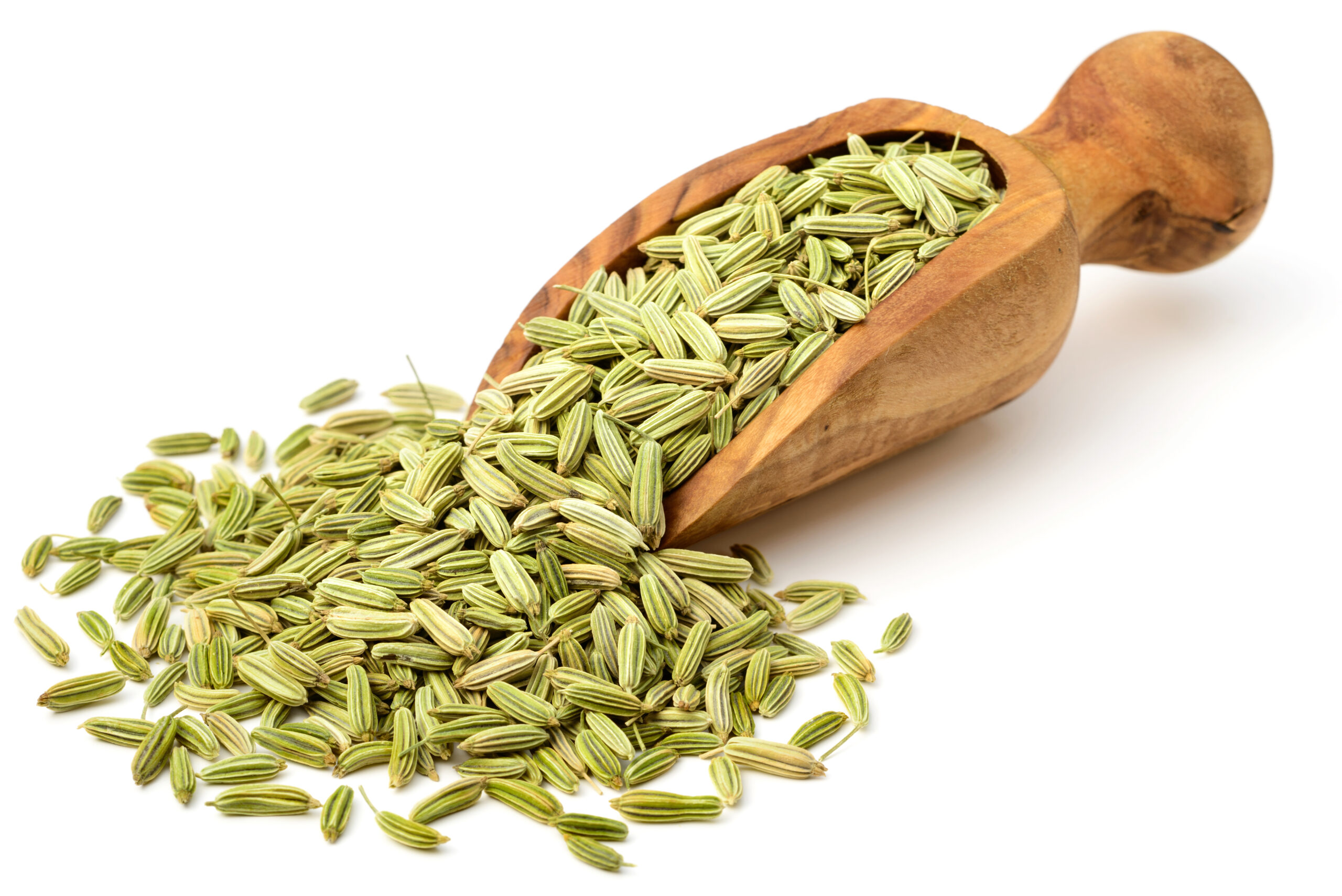
Fennel has long been used to treat digestive issues like indigestion, bloating, and gas. Its high fiber content helps support healthy digestion and prevent constipation. Fennel is also rich in vitamins and minerals, including vitamin C, potassium, and magnesium, which are essential for heart health and overall well-being. Additionally, fennel seeds contain compounds that may help reduce inflammation and prevent cancer. Add fennel to salads, soups, or teas to enjoy its digestive benefits.
Mint
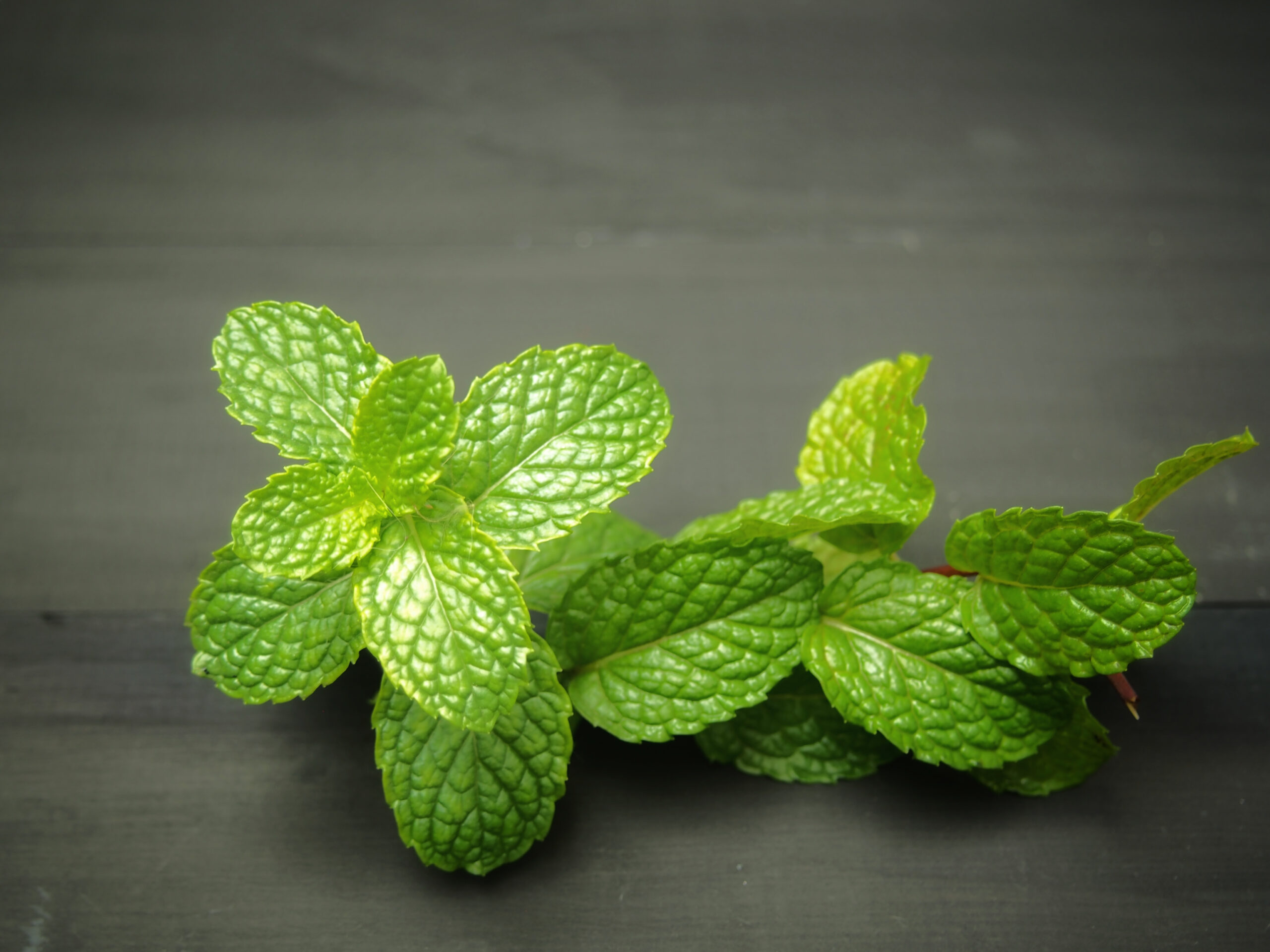
Mint is a refreshing herb known for its soothing effects on the digestive system. It helps relax the muscles of the digestive tract, making it effective in treating indigestion, bloating, and irritable bowel syndrome (IBS). Mint also contains antioxidants that help reduce inflammation and improve overall health. It’s commonly used in teas, desserts, and salads, providing a burst of flavor along with its health-boosting properties.
Cardamom
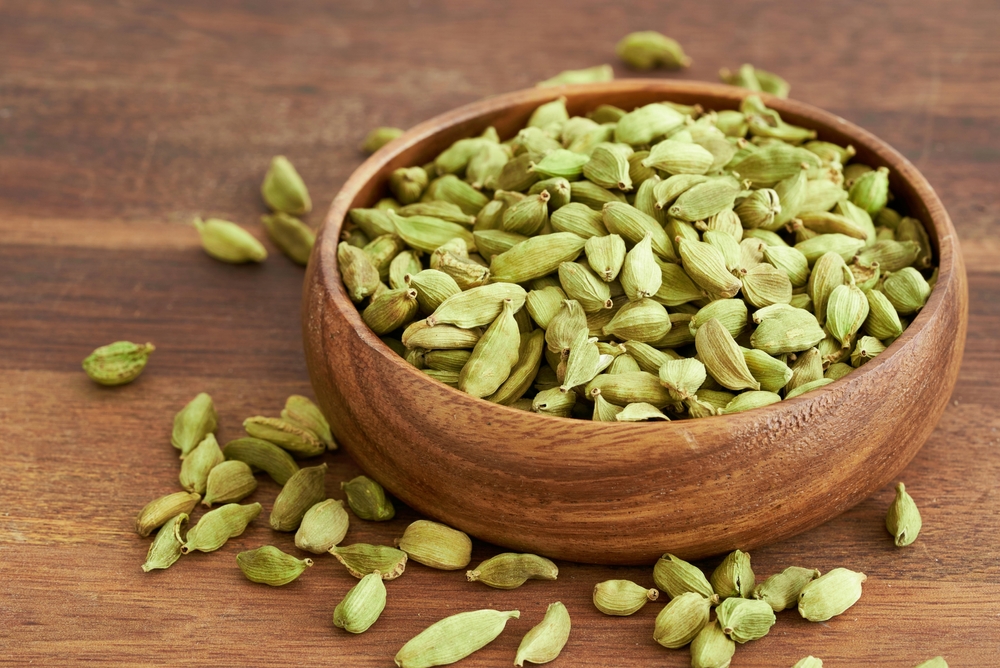
Cardamom is a sweet, aromatic spice that’s often used in Indian and Middle Eastern cuisines. It’s known for its ability to support digestive health by stimulating the production of digestive enzymes. Cardamom is also rich in antioxidants, which can help reduce inflammation and protect against chronic diseases. Research suggests that cardamom can also lower blood pressure and improve heart health. Add it to curries, baked goods, or tea for a flavorful way to improve your health.
Cumin
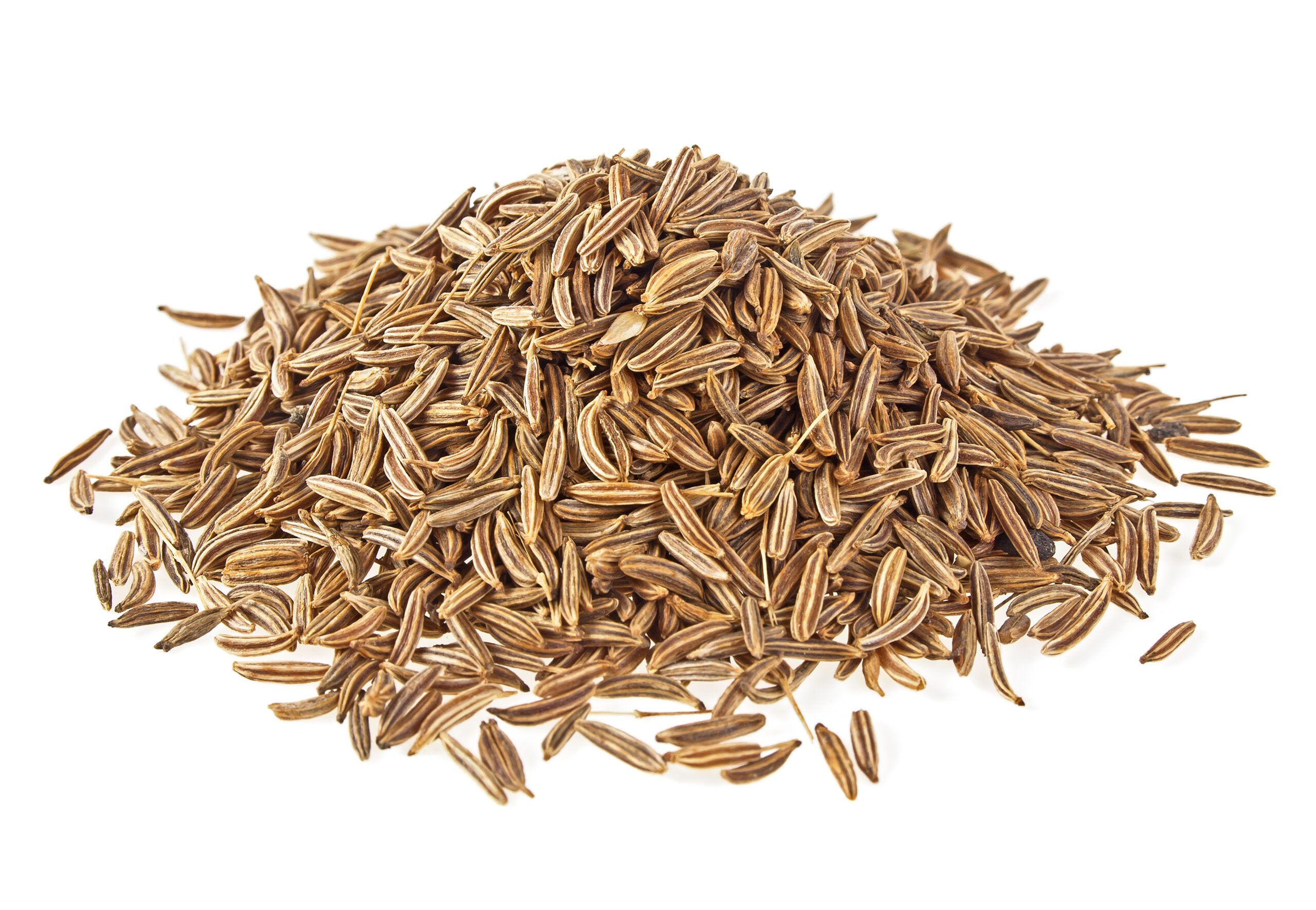
Cumin is a staple spice in many cuisines and offers a variety of health benefits. It’s rich in iron, which is essential for maintaining healthy blood and energy levels. Cumin has been shown to improve digestion and reduce symptoms of IBS by increasing the activity of digestive enzymes. It’s also known for its antimicrobial properties, which can help prevent foodborne illnesses. Incorporate cumin into curries, soups, and stews for a flavorful and health-boosting addition.
This article originally appeared on RetailShout.
More From RetailShout
15 Dollar Tree Organization Hacks for Every Room

Tired of feeling like your home is cluttered, but don’t want to spend a fortune organizing it? The good news is that you don’t have to. Dollar Tree has some seriously awesome, budget-friendly items that can help you get every room in your house neat and tidy. Read More.
14 Budget-Friendly Grocery Shopping Tips from Savvy Shoppers

Think saving money at the grocery store means living on ramen noodles? Think again. We’ve rounded up the wisdom from savvy shoppers who know how to stretch a dollar while keeping their carts full and their meals delicious. Read More.
5 Trader Joe’s Treats to Buy and 5 to Avoid

Navigating the aisles of Trader Joe’s can feel like a treasure hunt, filled with delightful surprises and the occasional misfire. With so many tempting treats to choose from, it’s easy to fill your cart with both hits and misses. Read More.



